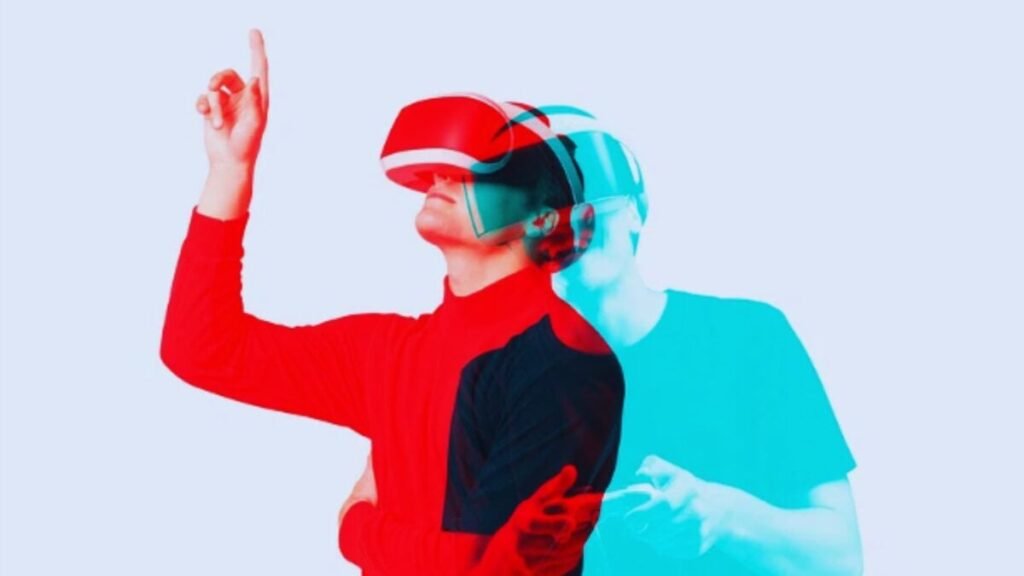Physicist Thinks We Might be Living in a Simulation: Check Out His “Second Law of Infodynamics”!

From Plato to The Matrix, the question of whether we live in a simulation has intrigued humanity for centuries. Today, that doubt takes on a scientific tone thanks to Melvin Vopson, a researcher at the . His experiments have led him to formulate a bold hypothesis:
The simulation hypothesis

According to Vopson, , would need mechanisms for data compression and optimization to sustain its complexity. By studying patterns in biological and digital systems, he claims to have found evidence of this “informational economy,” a reflection of how information itself would influence the behavior of the cosmos.
A new law for disorder
The states that entropy — disorder — always increases in a closed system. Vopson challenges this idea by observing that, in the management of information, entropy can remain stable or even decrease. From there arises his proposal: the , where information would be the invisible counterbalance that maintains the coherence of the universe.
Biological implications

The researcher goes beyond physics. He believes that genetic mutations are not entirely random, but respond to a principle of informational optimization. would reveal correlations between data and viral evolution, suggesting that information, in addition to energy, guides vital processes.
Science, philosophy, and skepticism
While his proposals generate interest, experts urge caution. Media outlets like remind us that the evidence remains insufficient and that the idea of living in a simulation remains in the realm of speculation. Still, Vopson’s work fuels a debate that combines philosophy and physics: is the reality we inhabit authentic or just the execution of a cosmic code?






